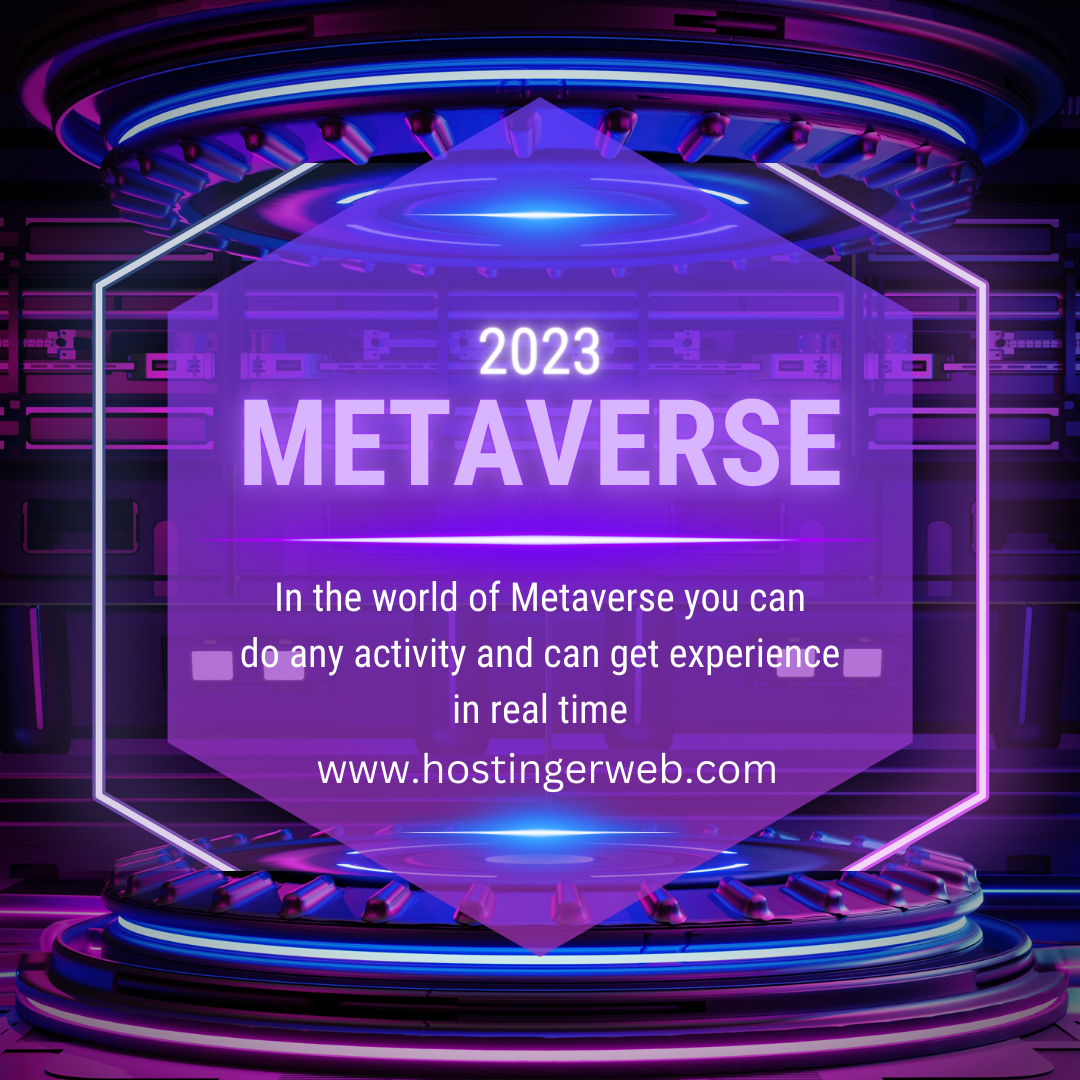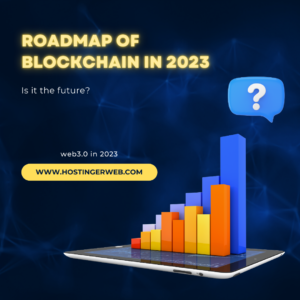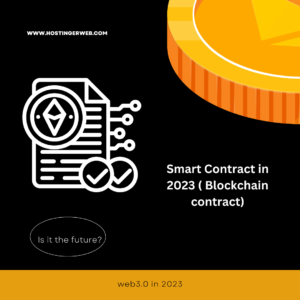The metaverse is a virtual shared space, created by the convergence of virtually enhanced physical reality and physically persistent virtual space, including the sum of all virtual worlds, augmented reality, and the internet. The concept of the metaverse has been around for decades, but it has gained increased attention in recent years due to advances in technology and the growing popularity of virtual and augmented reality.
In 2023, it is likely that the metaverse will continue to evolve and expand as more people and organizations embrace virtual and augmented reality technology. Some potential developments that we may see in the metaverse in 2023 include:
Increased use of virtual reality in education and training: Virtual reality technology is being used in a variety of industries to provide immersive training experiences. In 2023, we may see increased use of virtual reality in education and training, as more schools and businesses adopt the technology.
The rise of virtual events: The COVID-19 pandemic has led to a shift towards virtual events, and it is likely that this trend will continue in 2023. Virtual events allow people to attend conferences, concerts, and other events from the comfort of their own homes, and the metaverse provides a platform for these events to take place.
Increased use of augmented reality in retail: Augmented reality technology is being used in a variety of industries to provide enhanced customer experiences. In 2023, we may see increased use of augmented reality in retail, as more businesses adopt the technology to provide virtual try-ons and other interactive features.
Overall, the metaverse is likely to continue to evolve and expand in 2023, as more people and organizations embrace virtual and augmented reality technology.
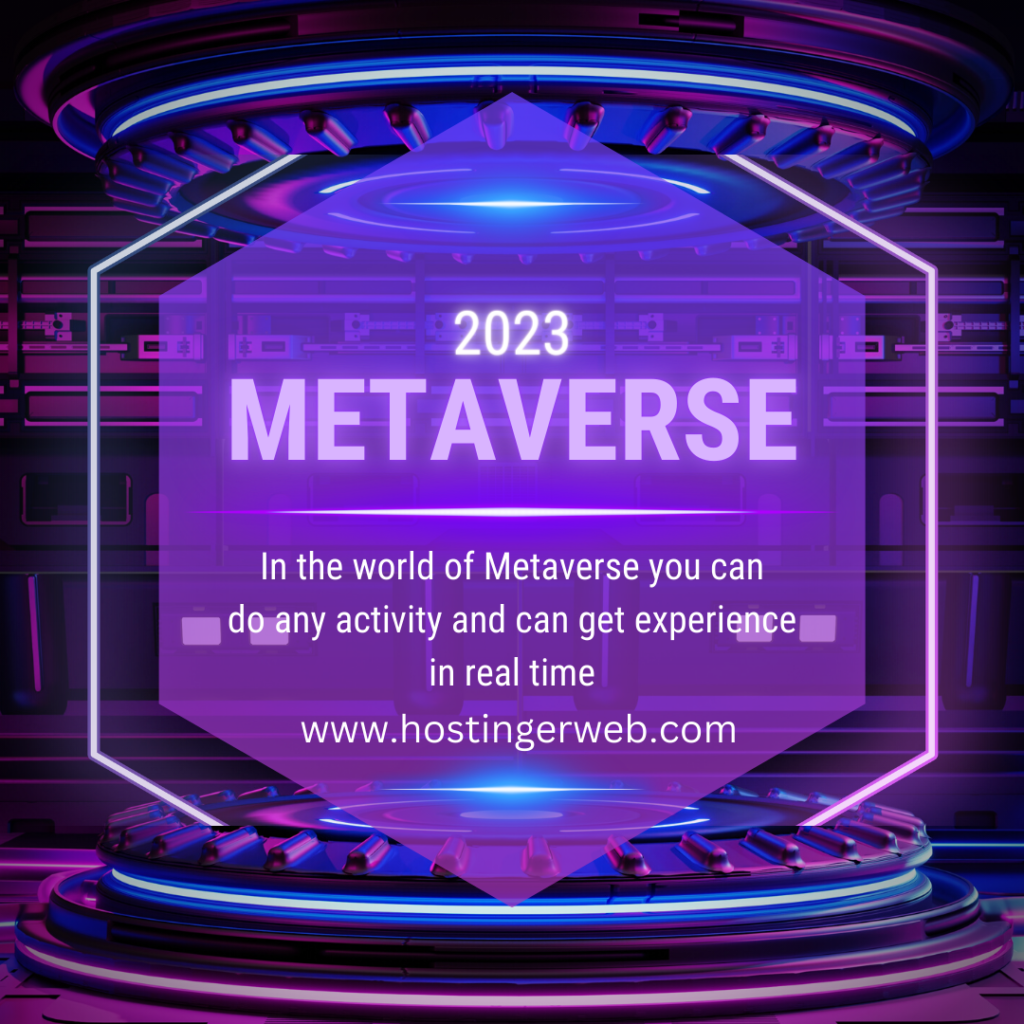
Metaverse with Facebook
Facebook has announced plans to create a metaverse, or virtual shared space, through the convergence of virtually enhanced physical reality and physically persistent virtual space. The company plans to use its Oculus virtual reality platform as the foundation for the metaverse, with the goal of creating a new way for people to connect and interact with each other.
Some potential features of the Facebook metaverse could include:
Virtual events: The metaverse could provide a platform for virtual events, such as concerts, conferences, and other social gatherings.
Virtual reality games and experiences: The metaverse could include a variety of virtual reality games and experiences, allowing users to engage in immersive activities.
Virtual shopping: Users could browse and purchase products in a virtual reality environment, using augmented reality technology to try on clothing and accessories.
Virtual socializing: The metaverse could provide a platform for users to connect and interact with each other in a virtual space, allowing for socializing and networking even when in-person gatherings are not possible.
Overall, the Facebook metaverse has the potential to offer a wide range of experiences and activities for users, and could provide a new way for people to connect and interact with each other. It is still in the early stages of development, and it is unclear what the final product will look like or when it will be available to users.
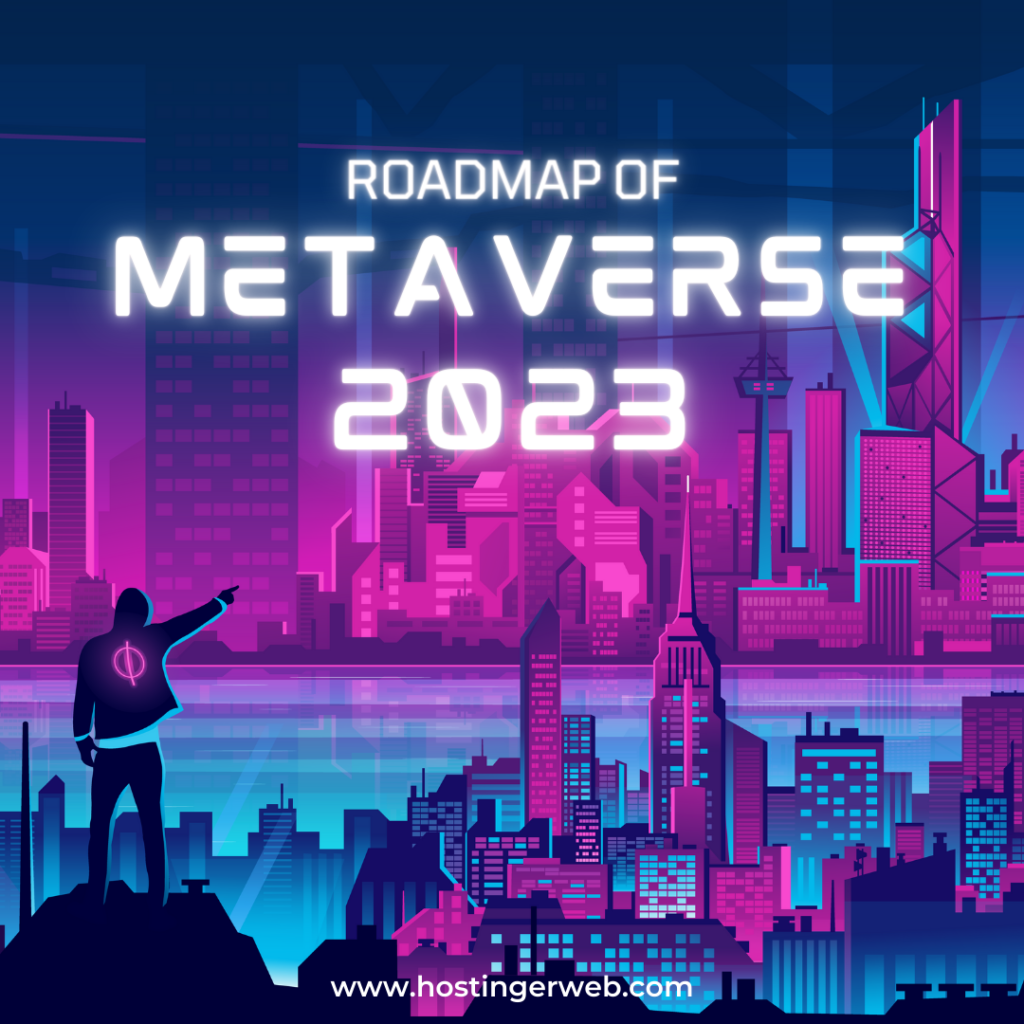
There are a number of projects currently in development that are focused on creating a metaverse, or virtual shared space, through the convergence of virtually enhanced physical reality and physically persistent virtual space. Some examples of these projects include:
Decentraland: Decentraland is a decentralized platform for creating, experiencing, and monetizing content and applications in virtual reality. The platform is built on the Ethereum blockchain and allows users to create and interact with virtual reality experiences in a shared space.
The Metaverse Roadmap: The Metaverse Roadmap is a project that aims to define the development of the metaverse and provide a blueprint for its creation. The project is led by Eric Schiermeyer, co-founder of Zynga, and includes a team of advisors and contributors from a variety of industries.
Virtual Worlds Education Roundtable: The Virtual Worlds Education Roundtable (VWER) is a community of educators and researchers who are interested in the use of virtual worlds in education. The organization hosts regular events and conferences and conducts research on the use of virtual worlds in education.
High Fidelity: High Fidelity is a platform for creating and hosting virtual reality experiences and events. The platform allows users to create and customize their own virtual reality environments and host events, such as concerts and conferences, in a virtual space.
Overall, these projects are working to advance the development of the metaverse and provide a platform for people to connect and interact with each other in virtual reality.
Metaverse Example
An example of a metaverse is a virtual shared space that allows users to create, experience, and monetize content and applications in virtual reality. This could include a variety of virtual reality experiences, such as games, events, and social interactions.
One example of a metaverse is Decentraland, a decentralized platform built on the Ethereum blockchain that allows users to create and interact with virtual reality experiences in a shared space. Decentraland allows users to create and customize their own virtual reality environments, and provides a platform for hosting events, such as concerts and conferences, in a virtual space.
Another example of a metaverse is Second Life, a virtual world that allows users to create and customize their own avatars, build and design virtual environments, and interact with other users in a shared space. Second Life includes a variety of virtual experiences, such as games, events, and social interactions, and allows users to monetize their creations through in-world transactions.
Overall, these examples demonstrate how a metaverse can provide a platform for people to connect and interact with each other in virtual reality, and how it can be used for a variety of purposes, including entertainment, education, and business.
